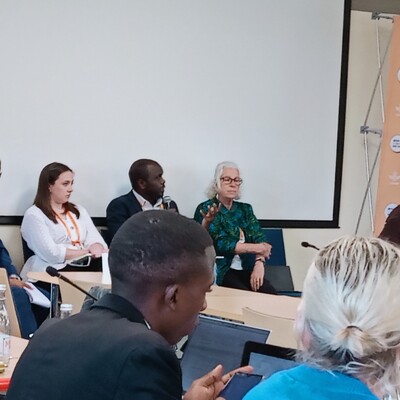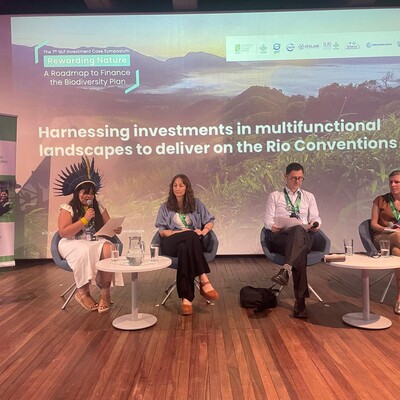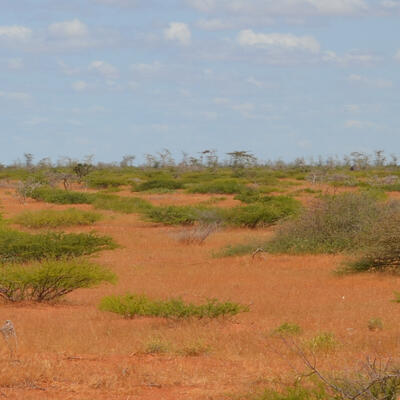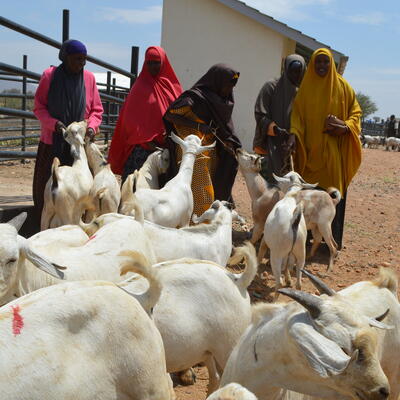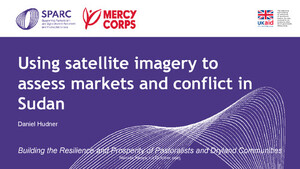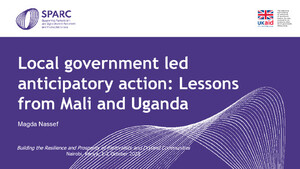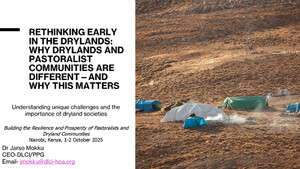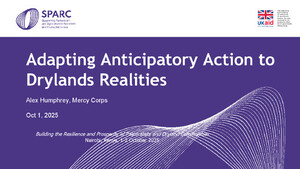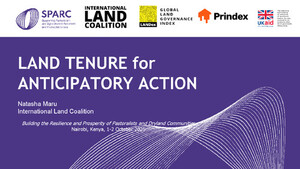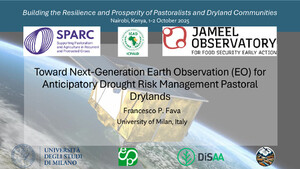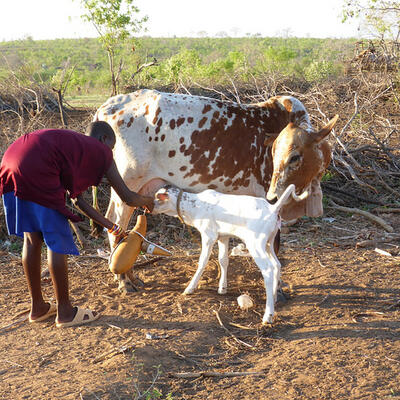
Manual on woreda participatory land use planning launched in Ethiopia
Land use planning is important at all levels — national, regional and local. It helps stakeholders to understand land uses and the related challenges, reconcile land use conflicts, coordinate land use sectors and to establish a vision of land use for the future.
In Ethiopia, the government has plans to establish a strategic land use framework across the country and a land use policy is being developed. But to effectively implement this framework, the capacity of government officials and other stakeholders needs to be strengthened and resources mobilized to support this process.
As a contribution to this capacity building process, the International Livestock Research Institute (ILRI) and the Rangelands Initiative of the International Land Coalition (ILC), the global component of which ILRI coordinates, has been supporting the Land Administration and Use Directorate of the Ministry of Agriculture in Ethiopia to develop a manual on woreda-level participatory land use planning for pastoral areas. The Swiss Development Cooperation financially supported the process.
Nuer pastoralist communities mapping rangelands and rangeland resources in Gambella, Ethiopia (photo credit: ILC).
The Woreda participatory land use planning (WPLUP) manual was developed through a consultative process involving government experts, researchers, practitioners and communities. A piloting of the manual was done in Chifra, Afar and Shinile in the Somali Region.
However, due to drought the WPLUP was only completed in Chifra, where the German Development Agency (GIZ) provided technical support to the process. The manual has been released as a working document so that it can continue to evolve as it is implemented in different contexts.
 The Woreda participatory land use planning manual is a step-by-step process for participatory land use planning, accompanied by a set of tools that can be used in different contexts and situations (photo credit: ILRI/ Fiona Flintan).
The Woreda participatory land use planning manual is a step-by-step process for participatory land use planning, accompanied by a set of tools that can be used in different contexts and situations (photo credit: ILRI/ Fiona Flintan).The Ministry of Agriculture representative at the launch, Tigistu Gebremeskel, said the manual will provide critical guidance for land use planning in Ethiopia’s pastoral areas and encouraged woreda and regional government land experts to apply the approach across the country’s agro-pastoral areas.
He then presented a certificate to ILRI senior scientist Fiona Flintan, in recognition of her ‘outstanding contribution’ to supporting sustainable rangelands management in Ethiopia. Flintan has been providing this support through the ILC Rangelands Initiative, and the Livestock and Policies, Institutions and Markets CGIAR research programs.
The manuals can be downloaded here:
Volume 1. Manual: WPLUP in pastoral and agro-pastoral areas
Volume 2. Toolkit: WPLUP in pastoral and agro-pastoral areas







